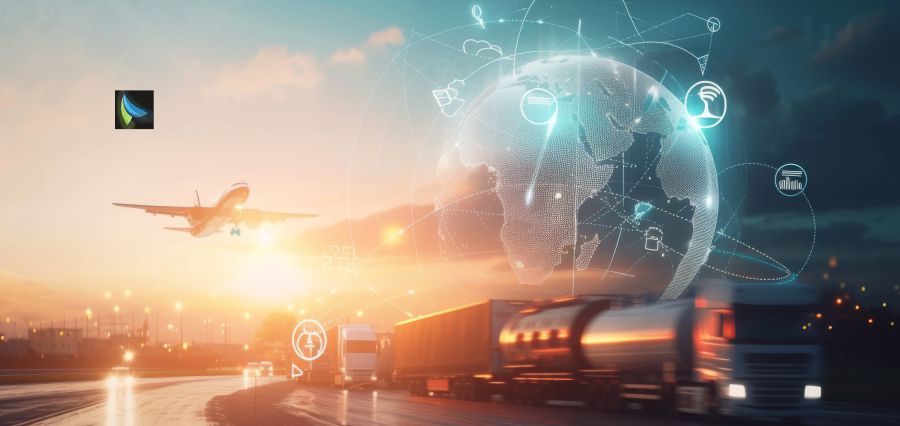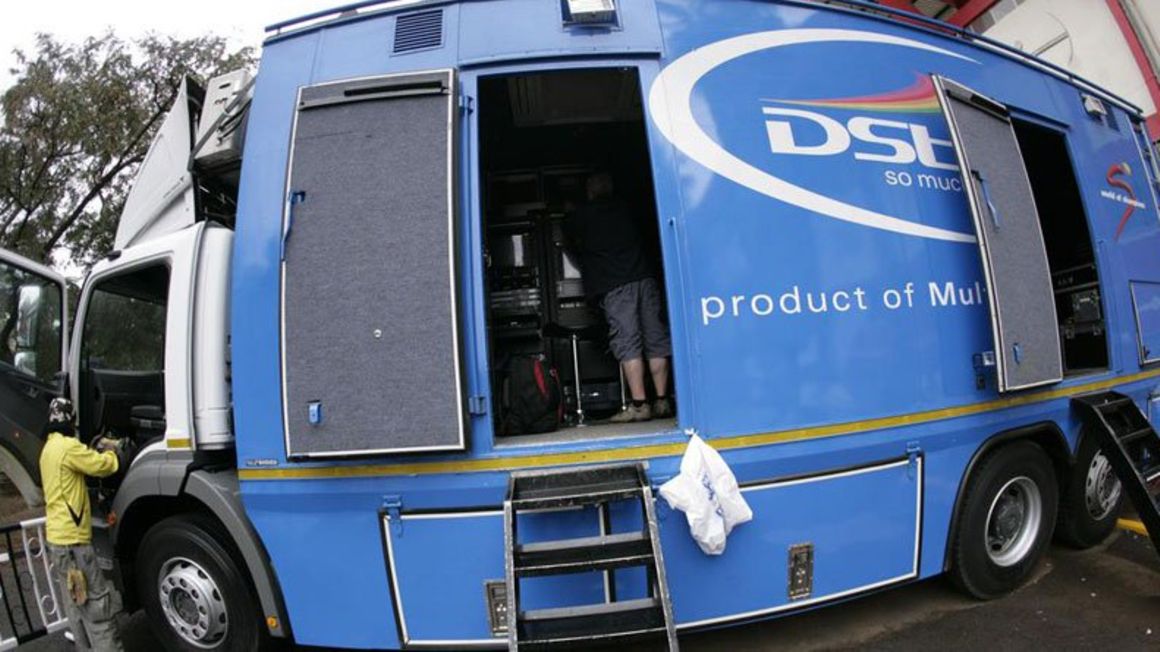Global logistics networks have been significantly impacted by the explosive rise of e-commerce, which has changed how products are shipped and delivered to customers throughout the globe. Logistics firms are under pressure to adapt and innovate in order to fulfill the regularly changing expectations of e-commerce clients, as the popularity of online shopping continues to grow and the demand for dependable and efficient logistics services rises.
The growing need for speed and efficiency in logistics has been one of the biggest consequences of e-commerce. Due to the availability of same-day or next-day shipping from numerous online businesses, consumers now demand quicker delivery timeframes. Logistics firms need to optimize their operations by using new technologies and streamlining their procedures to satisfy these demands.
In the logistics sector, technology integration—such as GPS tracking and data analytics—has become indispensable for businesses to maximize delivery routes, cut down on transit times and boost productivity. As a result, there is now a greater need for qualified workers who can use these technologies to improve logistical operations and there is also a greater investment in technological infrastructure.
Warehouse operations have changed as a result of the growth of e-commerce. Due to the increase in e-commerce, warehouses increasingly need to hold larger numbers of modest, regular orders. As a result, warehouse management systems (WMS) have been adopted to optimize order picking, packing and inventory management procedures.
Logistics firms can now effectively manage the growing volume and complexity of e-commerce orders thanks to these tools. Additionally, as e-commerce companies have to adjust to varying demand and seasonal peaks, the need for flexible and adaptable warehousing solutions has increased.
The increased stress on last-mile delivery has been one of e-commerce’s major effects on logistics. Logistics firms now face a significant difficulty in last-mile delivery, which is the last phase of the delivery process where products are delivered from a distribution center to the customer’s doorstep.
To guarantee on-time delivery and client satisfaction, last-mile delivery procedures must be effective. Logistics firms are making investments to improve their last-mile delivery capacities, looking into pioneering options like drone delivery and smart lockers. These technologies optimize routes and lessen the need for traditional delivery vehicles, which lowers costs and has a positive environmental impact in addition to improving delivery speed.
The need for warehousing and storage space has increased in tandem with the expansion of e-commerce. Companies have been required to invest in additional warehouses and delivery centers as a result of the increased space that online buyers frequently need to store their purchases. Logistics firms now have the chance to broaden their offerings and change up their business strategies. To set themselves apart in the market, a few logistics companies have gone so far as to offer value-added services like product customization and assembly.
Logistics firms need to embrace new technologies, strengthen their supply chains and promote an innovative culture in order to respond to the effects of e-commerce. Although they provide new dangers and uncertainties, emerging technologies like blockchain, drones and driverless cars also present exciting opportunities for increasing efficiency and streamlining processes.
Logistics firms need to assess these technologies thoroughly and create plans for incorporating them into their processes that will strengthen their competitive authority while reducing risks.
Prominent e-commerce enterprises like as Amazon, Walmart and Alibaba have demonstrated effective e-commerce logistics adaption by allocating resources towards infrastructure, technology, and innovation.
For example, in order to address the issue of a shortage of air capacity and guarantee faster deliveries, Amazon has purchased its own freighter aircraft. To meet the demands of e-commerce, Walmart and Alibaba have also made large expenditures in their logistics departments. In the age of e-commerce, these businesses have shown the value of vertical integration and end-to-end supply chain control.
In brief, e-commerce has had a revolutionary effect on global logistics networks, causing a great deal of change in the sector. To fulfill the increasing expectations of consumers in the digital age and stay up to date with the changing demands of e-commerce, logistics companies need to continuously innovate and adapt. Logistics providers can transform the disruptive power of e-commerce into a driver of development and success by adopting new technology, strengthening the resilience of their supply chains and encouraging an innovative culture.
The significance of effective and timely logistics networks will only grow as the global e-commerce sector expands, necessitating businesses to remain ahead of the curve and predict emerging trends and problems.
#Impact #Ecommerce #Global #Logistics #Networks #Insights #Success













